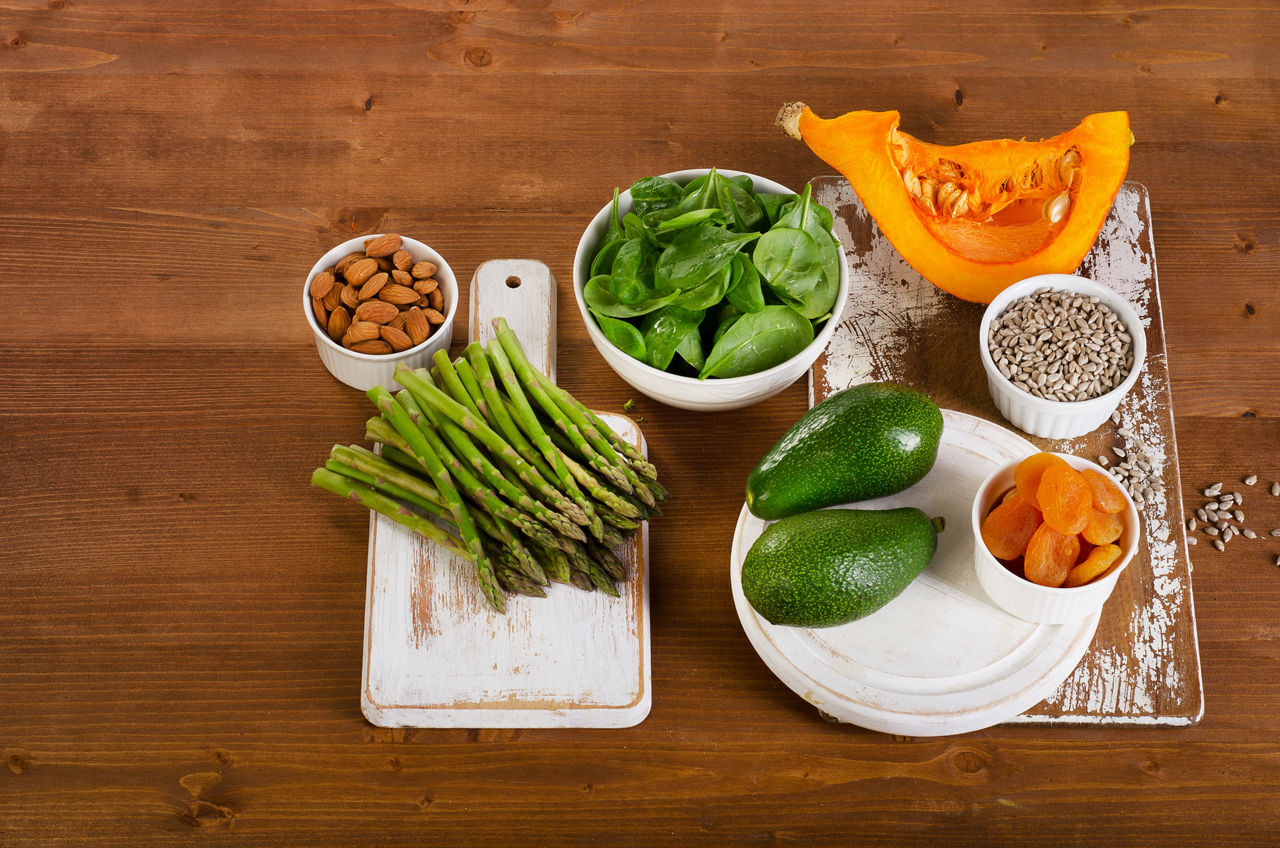Breastmilk is the best for babies. The World Health Organisation recommends exclusive breastfeeding for the first six months of life. Unnecessary introduction of bottle feeding or other food and drinks will have a negative impact on breastfeeding. After six months of age, infants should receive age-appropriate foods while breastfeeding continues for up to two years of age or beyond. Consult your doctor before deciding to use infant formula or if you have difficulty breastfeeding.
- Week 1
- Week 2
- Week 3
- Week 4
- Week 5
- Week 6
- Week 7
- Week 8
- Week 9
- Week 10
- Week 11
- Week 12
- Week 13
- Week 14
- Week 15
- Week 16
- Week 17
- Week 18
- Week 19
- Week 20
- Week 21
- Week 22
- Week 23
- Week 24
- Week 25
- Week 26
- Week 27
- Week 28
- Week 29
- Week 30
- Week 31
- Week 32
- Week 33
- Week 34
- Week 35
- Week 36
- Week 37
- Week 38
- Week 39
- Week 40
Is Vitamin E Needed During Pregnancy?
Vitamin A constructs organs, Vitamin C aids tissue growth, and Vitamin D develops bones. What is the role of Vitamin E during pregnancy?
The science for Vitamin E isn’t quite there yet. It was once thought of to prevent heart diseases, but studies have yielded mixed results. (Harvard) Nonetheless, Vitamin E is an essential nutrient required for the proper function of organs. (WebMD) Vitamin E also protects your baby’s cells, and maintains the structure of cells throughout its body1.
Vitamin E can also be tricky – too much of it can lead to negative side effects such as nausea, diarrhoea and even hemorrhagic stroke. (WebMD)
How Much Do I Need?
The recommended intake of Vitamin E is 3 mg per day. Eating a well-balanced diet1 should provide enough Vitamin E for your own health and for your baby’s growth. This is generally preferred over taking high-dose supplements.
Olive oil, nuts and seeds — and other plant-based oils — are particularly good sources of Vitamin E1. Other good sources of Vitamin E include5,6:
| Food (100g) | Nutrient quantity(mg) |
|---|---|
| Broccoli(best raw) | 1.72 |
| Red peppers | 0.95 |
| Cherry tomatoes | 0.89 |
| Blueberries | 0.94 |
| Tinned tomatoes | 1.36 |
| Egg(boiled) | 1.11 |
| Almonds | 23.98 |
| Peanuts | 10.09 |
| Sunflower seeds | 37 |
| Hazelnuts | 24.98 |
| Pistachio nuts | 4.16 |
If you do need supplements, ensure they are pregnancy-safe so that you don’t consume too much Vitamin E. Don't worry about getting too much Vitamin E from food though — it is difficult to get it in high doses from your diet alone!

Connect with our team of experts
We provide advice and support for you on your parenthood journey




